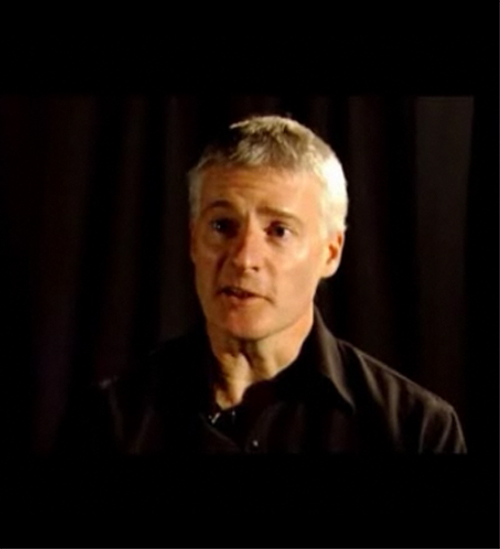Historical Interpretation: Why is it still such a major issue?
E-CPD

This E-CPD unit was produced for the previous National Curriculum, when Interpretations in History were still relatively new. In the current National Curriculum, Interpretations are still central to the skills necessary for success. Perhaps more so, as it is now a separate assessment objective [AO4] at GCSE, starting in 2016, and an important assessment objective at A Level [AO3] starting in 2015. It is as important as ever, we believe, for students to develop the ability to understand and work with interpretations. Hence this unit remains an extremely useful tool for teachers seeking to understand interpretations better, and also those revisiting the skill in the light of the demands of the new specifications.
This resource is FREE to all registered users of the website
If you are not already registered you can sign up for FREE Basic Website Access or Join the HA to access this content.
1. Exploring the Issue
- Introduction
- 1.1 Starter
- 1.2 Why is it important to study historical interpretations?
- 1.3 Defining historical interpretation
- 1.4 Different types of interpretation
- 1.5 Why is historical interpretation hard to teach?
- 1.6 What expectations should we have of students in terms of historical interpretation?
2. Addressing the Issue
- 2. Addressing the issue
- 2.1 Useful resources for teachers
- 2.2 How can we help students get to grips with the concept of interpretations?
- 2.2.1 Careful construction of appropriate questions
- 2.2.2 Emphasising the nature of the discipline of history
- 2.2.3 The forms of interpretation studied
- 2.2.3.a Reconstruction
- 2.2.3.b Reputation
- 2.2.3.c Commemoration
- 2.2.4 Teaching about how and why we teach history
- 2.3 Interpretations applied in the classroom
- 2.3.1 Why does African history cause so many arguments?
- 2.3.2 The reputation of monarchs
- 2.3.3 Slavery
- 2.3.4 The military leaders in World War 1: Myth and Memory
- 2.3.5 Holocaust denial

